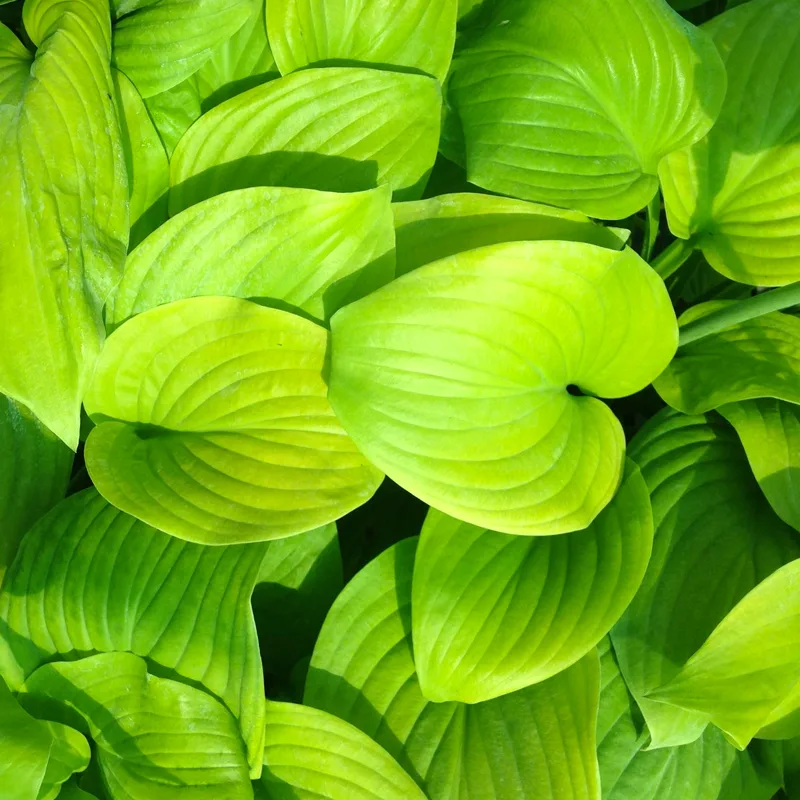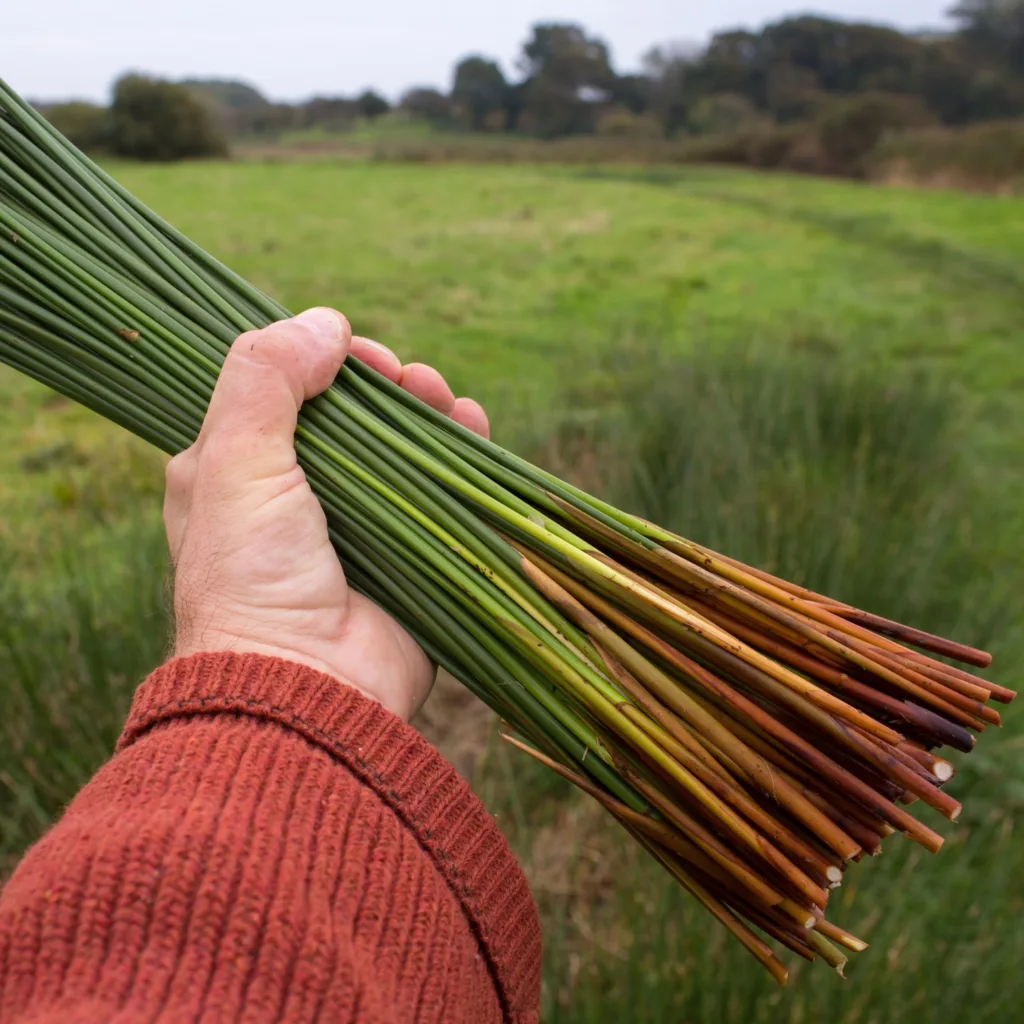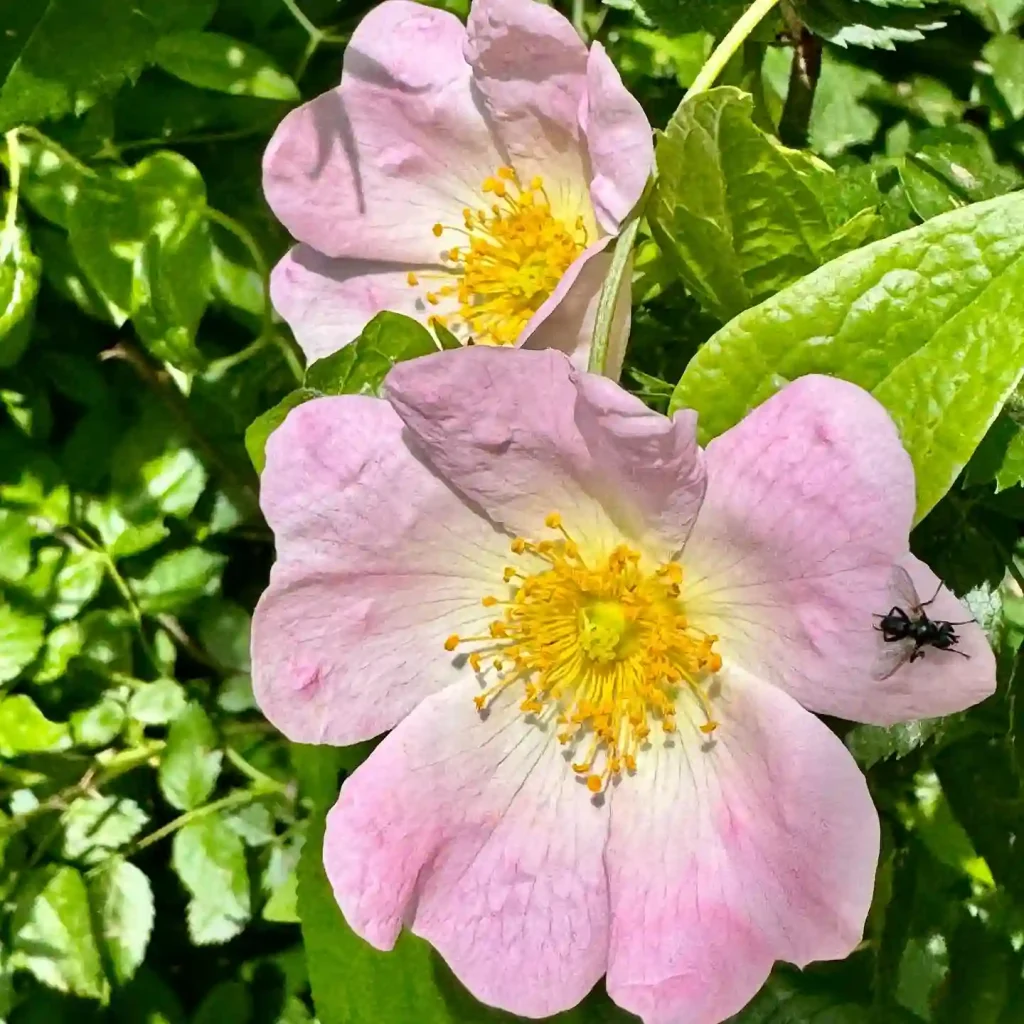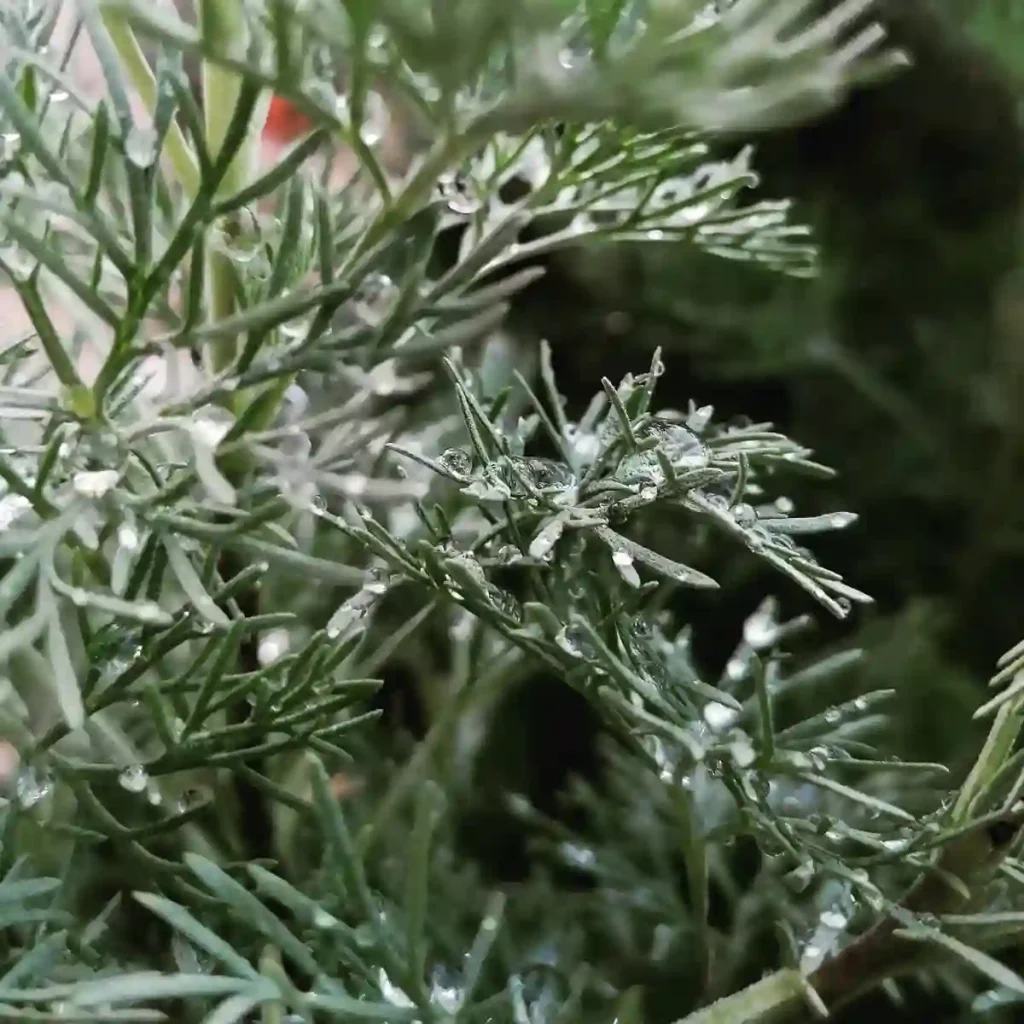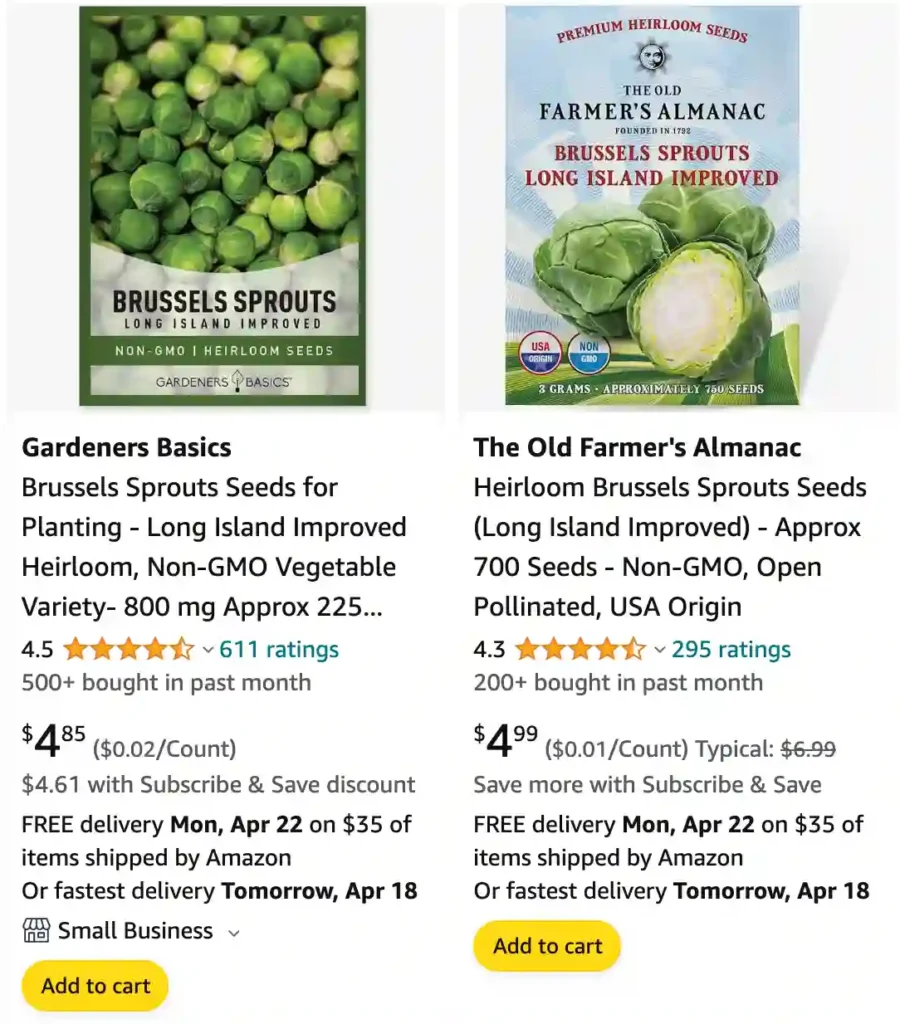
How to cook brussel sprouts?
I never used to be a fan of brussels sprouts. My grandma always boiled them to mush, and they were just these bland, soggy little green things on my plate. But then, a friend of mine introduced me to roasted brussels sprouts a few years ago, and it totally changed my mind! Now, they’re one of my favorite side dishes. Roasting brings out their natural sweetness and caramelizes the edges for a crispy, nutty flavor. It’s so easy too. I just trim the sprouts, halve them, toss them in olive oil, salt, pepper, and maybe some garlic powder, and roast them on a baking sheet until they’re tender and golden brown. Yum!
Can dogs eat brussel sprouts?
Yes, dogs can definitely eat brussels sprouts in moderation! They’re packed with nutrients that are good for both humans and our furry friends, like fiber, vitamins, and antioxidants. However, like anything, too much of a good thing can be bad. Brussels sprouts can make dogs gassy, and in really large amounts might cause some digestive upset. I always make sure to cook them plainly (no fancy seasonings or oils) and give them to my pup as an occasional treat rather than a regular part of her diet.
Are brussel sprouts good for you?
Absolutely! Brussels sprouts are little nutritional powerhouses. They’re packed with fiber, which is great for digestion and makes you feel full, plus they’ve got tons of vitamins like C and K. Vitamin C is a fantastic immune booster, while vitamin K is important for healthy bones. Brussels sprouts also have antioxidants in them, which are like little warriors that fight off bad stuff in your body that can cause diseases. I try to eat them regularly because they’re not only good for me, but they seriously taste delicious when prepared right!
How to prepare brussel sprouts?
There are actually quite a few ways to prepare brussels sprouts, which is awesome because it keeps them interesting! The first step is always the same: Cut off the tough little stem ends and give them a rinse. Then, I like to at least cut them in half because I find they cook more evenly and get some nice caramelization. My favorite method is roasting – toss them with olive oil, salt, and pepper, maybe a bit of garlic powder, and pop them into a hot oven until they’re tender and browned around the edges. But you can also sauté them with some butter and bacon, steam them if you’re after something simple, or even shred them for a super healthy slaw!
How to grow brussel sprouts?
While I absolutely love eating brussels sprouts, I must admit I’ve never actually grown them myself! They’re a cool-season crop, so they do best when started early in spring or again as temperatures cool down in the fall. From what I understand, they can take a while to mature and need some space since the plants get quite large. Apparently, you can start them from seeds or get a head start with transplants. The trickiest part, I’ve heard, is dealing with pests – those little cabbage worms love to munch on them! Honestly, it seems like a bit of a commitment, but I might give it a go someday if I ever have a bigger garden space.
Can you freeze brussel sprouts?
Yes, you definitely can freeze brussels sprouts! It’s a great way to stock up when they’re fresh and in season so you can enjoy them year-round. The key is to blanch them first. This just means quickly boiling them for a few minutes, then dunking them in ice water to stop the cooking. This helps preserve their color and texture. Once blanched and dried, just pop them in a freezer bag and you’re good to go! Frozen brussels sprouts are awesome for roasting later or adding to soups and stews.
Do brussel sprouts cause gas?
Unfortunately, yes, brussels sprouts have a bit of a reputation for causing gas. It’s all thanks to a type of sugar called raffinose, which humans don’t fully digest. When it gets to your gut, bacteria go to work trying to break it down, and that process creates gas. The amount of gas you get can vary; some people hardly notice it while others might experience some serious bloating and discomfort. For me, it depends on the quantity I eat and how they’re prepared – roasting seems to be easier on my digestion than when I have them raw.
How long to boil brussel sprouts?
To keep your brussels sprouts from becoming soggy, mushy messes, you want to boil them for a short amount of time. After trimming them and cutting them in half (for quicker and more even cooking), I usually boil them for just 4-5 minutes. Once they’re fork-tender and bright green, that’s your cue to immediately drain them. If you overcook them, they’ll start releasing a slightly unpleasant sulfurous smell too, so be sure to taste-test one for doneness right around the 4-minute mark!
How long to steam brussel sprouts?
Steaming brussels sprouts is a great way to preserve their nutrients and vibrant green color. It takes just a little bit longer than boiling. After prepping the sprouts (trimming and halving), you’ll want to steam them for about 5-7 minutes. They’re ready when they’re easily pierced with a fork and turn a slightly brighter green. If you prefer a bit more crunch, check them at the 5 minute mark. Letting them steam too long will make them mushy!
How many calories in a brussel sprout?
One single, average-sized brussels sprout contains about 5 calories. Of course, how you prepare them can change that – if you load them up with oil, butter, or yummy toppings, the calorie count will go up!
How to cut brussel sprouts?
There are a few ways to cut brussels sprouts depending on how you plan to cook them:
- Halves: The most basic way! Start by trimming the tough stem end off the sprout. Then, simply slice it in half lengthwise from top to bottom.
- Quarters: This is great if your sprouts are on the larger side, as it helps them cook faster. After halving them, cut each half in half again lengthwise.
- Shredded: Perfect for salads or slaws! After halving the sprout, place the cut side down on your cutting board. Use a sharp knife to make thin slices across the sprout to create shreds.
No matter how you cut them, always remove any tough or yellowed outer leaves before cooking!
Are brussel sprouts keto?
Yes, brussels sprouts can absolutely be part of a keto diet! They’re considered a low-carb vegetable. A half-cup serving of cooked brussels sprouts has about 3.5 grams of net carbs. Since the keto diet focuses on limiting your carb intake, it’s still important to be mindful of your portion sizes, but you can definitely enjoy them without worrying too much about kicking yourself out of ketosis.
Can chickens eat brussel sprouts?
Absolutely! Chickens can actually benefit from eating brussels sprouts. They’re a good source of vitamins, fiber, and other nutrients important for chicken health. You can offer them raw or cooked, but cooked sprouts might be a little easier for your chickens to digest. Just make sure to cut them into smaller pieces or shred them, especially if your flock has younger birds. And like any treat, moderation is key – too many sprouts and they might get tummy troubles!
Can rabbits eat brussel sprouts?
Yes, rabbits can eat brussels sprouts, but they should only be enjoyed in moderation as an occasional treat. Brussels sprouts, like other cruciferous vegetables, can cause gas build-up in bunnies, which can be uncomfortable and even dangerous in severe cases. Offer your rabbit a small piece first to see how they react, and if all seems well, you can give them a bit more next time. It’s always best to introduce new foods slowly and monitor their digestion to make sure they don’t experience any problems.
Are brussel sprouts low fodmap?
Yes, brussels sprouts are considered low FODMAP, but there’s a catch! The serving size matters. A small serving of brussels sprouts, usually about 1/2 cup or 75 grams, is generally well-tolerated on a low FODMAP diet. Larger portions, however, might contain enough FODMAPs to potentially trigger some discomfort for people with digestive sensitivities. It’s always best to check a reliable low FODMAP resource, like the Monash University app, for the most accurate serving size information.
Can bearded dragons eat brussels sprouts?
Yes, bearded dragons can eat brussels sprouts, but only as an occasional treat. Brussels sprouts have some nutritional value, but they also contain compounds called goitrogens that can interfere with a bearded dragon’s thyroid function if eaten in large amounts. It’s best to offer them in moderation, maybe finely chopped and mixed in with other salad greens. Avoid making them a regular staple in your beardie’s diet. There are plenty of other safe and healthy leafy greens that you can offer more frequently!
Can chickens have brussel sprouts?
Yes, chickens can definitely have brussels sprouts! They’re a healthy treat packed with vitamins and fiber, which are beneficial for chickens. You can give them raw or cooked; cooked sprouts might be slightly easier for your chickens to digest. Just make sure to cut them into smaller pieces or shred them, especially for younger chickens. As with any treat, moderation is key – too many sprouts and they might get some digestive upset.
Do brussel sprouts have prebiotics or pribiotics?
Brussel sprouts contain prebiotics. Prebiotics are a type of fiber that acts as food for the beneficial bacteria (probiotics) in your gut. By promoting the growth of healthy gut bacteria, prebiotics can support overall digestive health and potentially offer other benefits for your body!
What pairs well with brussel sprouts?
Brussel sprouts are surprisingly versatile, so you have lots of options when it comes to finding delicious pairings! Here are a few ideas to get you started:
- Salty & Savory: Salty, crispy bacon or pancetta adds amazing flavor to brussels sprouts. Crumbled cheese like feta or goat cheese is another yummy option.
- Sweet & Tangy: A drizzle of balsamic glaze or honey adds a touch of sweetness that complements the earthiness of the sprouts. Dried fruits like cranberries or cherries are also delicious additions.
- Citrus Twist: A squeeze of lemon or orange juice brightens up brussels sprouts and adds a lovely freshness.
- Main Dishes: Roasted brussels sprouts make a fantastic side for everything from chicken and fish to pork chops and steak. They’re also hearty enough to add to pasta dishes or grain bowls.
Don’t be afraid to experiment! Brussel sprouts are a great canvas for different flavors.
When to plant brussel sprouts zone 6?
Zone 6 presents some unique timing challenges for growing brussels sprouts since they’re a cool-season crop with a long growing season. Here’s a breakdown of the best times to plant:
- For a Fall Harvest: Start seeds indoors about 10-12 weeks before your average last frost date in the spring. Transplant the seedlings outdoors after they’ve hardened off and the weather has warmed consistently.
- For a Spring Harvest: Directly sow seeds outdoors in late summer, about 8-10 weeks before your average first frost date in fall. This gives the plants time to mature before the coldest winter weather hits.
Important Note: Even with the best timing, zone 6 weather can be unpredictable. Be prepared to protect your sprouts from early frosts in the fall or late frosts in the spring with row covers or cold frames.
Are brussel sprouts bad for gout?
Good news! Brussel sprouts are generally considered a good choice for people with gout. Here’s why:
- Low in purines: Gout is caused by a buildup of uric acid in the body, which forms when your body breaks down purines. Brussel sprouts are naturally low in purines, so they’re unlikely to trigger a gout flare-up.
- High in vitamin C: Some studies suggest that vitamin C may help lower uric acid levels. Brussel sprouts are a great source of vitamin C.
- Other benefits: Brussel sprouts are full of fiber and antioxidants, which offer additional health benefits beyond just their suitability for those with gout.
Important Note: While brussels sprouts are generally safe for people with gout, everyone’s body reacts differently. It’s always best to talk to your doctor for personalized advice and discuss the best diet plan for managing your condition.
Can ducks eat brussel sprouts?
Absolutely! Ducks can safely eat brussels sprouts. They’re packed with nutrients that benefit both us and our feathered friends. You can serve them raw or cooked—just be sure to cut them into smaller pieces to make them easier and safer for your ducks to eat.
Here’s why brussels sprouts are a good treat for ducks:
- Vitamins and Minerals: They offer vitamins like C and K, and minerals important for overall duck health.
- Fiber: Keeps their digestive system working smoothly.
- Tasty Treat: Most ducks seem to enjoy the flavor and texture!
Brussel Sprout vs Broccoli
I’ve always found Brussels sprouts to be more flavorful and satisfying than broccoli, especially when roasted, whereas broccoli’s versatility makes it a staple for quick stir-fries and steams.
Brussel Sprout vs Cabbage
For me, Brussels sprouts offer a richer, slightly nutty flavor compared to cabbage’s milder taste, though cabbage holds a special place in dishes like coleslaw where it really shines.
Brussel Sprout vs Artichoke
I’ve enjoyed Brussels sprouts more often than artichokes because they’re easier to prepare and cook, but artichokes have that unique, buttery taste that makes them a fun treat when I’m in the mood for something different.
Brussel Sprout vs Spinach
Brussels sprouts win my preference for their crunch and heartiness, especially in winter dishes, while spinach is my go-to for a quick, nutrient-packed addition to salads and smoothies.
If i die, water my plants!
